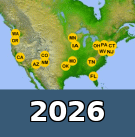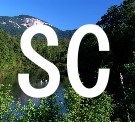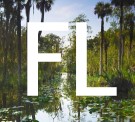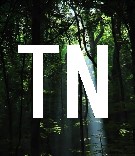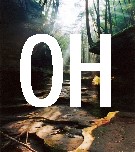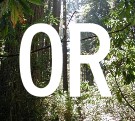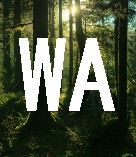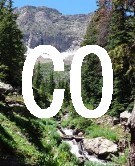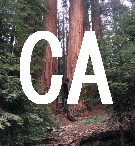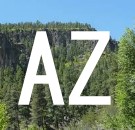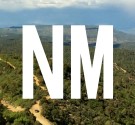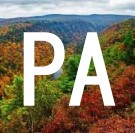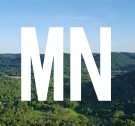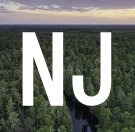|
PREFACE - About the expeditions in general.
The Aug.05 Washington report (below)
is being published before some other expedition reports, because
there was more assistance in assembling it.
Several target areas were explored
during each of the expeditions. In most areas we heard no
responses, but we eventually came across areas in various
states where we did hear distinct vocalizations, etc.
Those states were FL, CA, WA, WV, NM, NY, CO, BC.
On several of the expeditions several people were stalked
along trails or near camps. There were also daylight sightings
on two of the expeditions.
Sasquatches are more intelligent than most bigfoot researchers
realized. They are also more approachable than most researchers
realized.
Under the right circumstances, in the right places, sasquatches
will approach humans at night without hostility, provided
that humans do the right things in those situations.
On all of the expeditions at least some of the attendees got
approached at night.
On some of the expeditions everyone got to hear vocalizations,
etc., at night, and came within 50 feet or so (Colorado, British
Columbia).
There is reliable activity in parts of Central Florida,
West Virginia, California (Sierras and Redwoods), New York
Adirondacks, British Columbia, Washington, Colorado and New
Mexico.
We suspect there are populations in several other areas, and
in other states. Upcoming expeditions will explore the areas
of highest probability in various states.
The Aug.'05 Washington report (below) still does not contain
all the photos and recording clips that it will contain eventually,
but it is enough for a release at present.
|
|
Washington Expedition Report
- August 4-7, 2005
- Olympic Peninsula
A timeline of events - click here
More about the participants - click here
Tallies:
One Class A daylight sighting, just
after sunrise on Sunday morning.
Several possible Class B incidents, some involving multiple
witnesses. Some were recorded.
Some tracks were found, near where most of
Class B incidents occurred.
The Class A and Class B incidents culminated in a focused effort
on the last night (Sunday), to obtain surveillance footage. The
surveillance equipment was directed along the same pathway where
the Class A daylight sighting occurred Sunday morning.
The surveillance system recorded video continuously through the
night. No sasquatches were caught on the tape. No bears or mountain
lions were caught either.
Surveillance efforts directed at these animals are inherently experimental,
but some potential lessons were learned on this trip. Those comments
will be posted soon.
The expedition was led by one dozen BFRO members, and attended by
more than two dozen non-member participants. For more information
on the participation, click here.
The 2004-2005 expeditions have important historical significance.
A method for predicting habitat areas was taught and demonstrated
to more than 200 hundred people in different states.
On almost every trip most of the attendees got close enough
to hear these animals at night.
It will be self-evident to anyone who is brought at night to certain
places that special animals live there. These animals that can be
heard in short order, but are very difficult to film in short order.
The nocturnal habits of sasquatches greatly complicate the logistics
of a camera effort. Many people have ideas and assumptions in that
regard. We welcome anyone who thinks they have a good approach,
and is fully capable of deploying and maintaining their own system(s)
for a four day weekend.
Among other things the experience provides one with an appreciation
for the cost, the time and the expertise required to film these
animals.
Even
without visual documentation, focused and funded scientific inquiry
will be inevitable as more people learn how to identify these habitat
areas in different parts of North America.
The expeditions are open to
anyone, per se. But only those who are coming to help and not hinder
are welcome. State college instructors or grad students from the
given state are strongly encouraged to attend.
|

